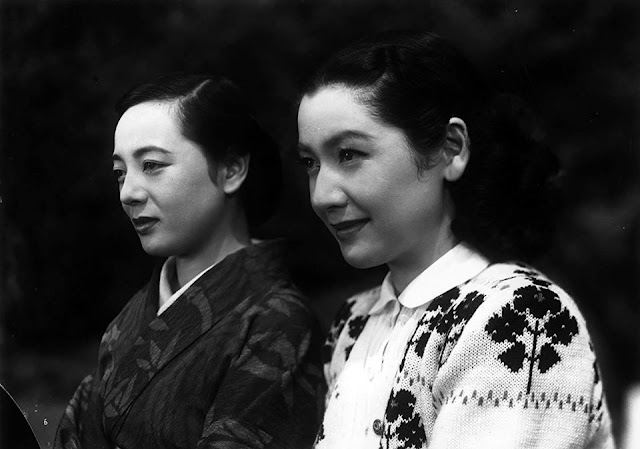English post by Tandino
"This is a more insightful definition than you might think. When I first broached the topic of defining indie, I discussed five areas of contestation (independent label/distribution, independent ethos, genre, aesthetic judgment, and not being mainstream). What these arguments all have in common is that they (and indie) express the interconnection of two primary western philosophies: puritanism and romanticism. Puritanism is based on autonomy of local congregations, simplicity of worship, asceticism, egalitarianism, and a call to the past with restoration of original values through purification.
Within puritanism, there is a distrust of centralised authority in the guise of the Catholic church. Catholicism was protested against for being corrupt, hierarchical, distancing and disinterested in the needs and specificity of local communities. Does this sound at all like how the mainstream music industry is portrayed? It should. Romanticism cultivates emotions, the natural, the past, and the ordinary. Even the root for romanticism is "enromancier" meaning vernacular. The focus on "my town" reveals both of these impulses. "My town" is not the distanced centralised authority of London or Rome. It is the ultimate embodiment of the local, ordinary and parochial and therefore, expresses both the puritan and romantic foundations of this aesthetic movement."
Within puritanism, there is a distrust of centralised authority in the guise of the Catholic church. Catholicism was protested against for being corrupt, hierarchical, distancing and disinterested in the needs and specificity of local communities. Does this sound at all like how the mainstream music industry is portrayed? It should. Romanticism cultivates emotions, the natural, the past, and the ordinary. Even the root for romanticism is "enromancier" meaning vernacular. The focus on "my town" reveals both of these impulses. "My town" is not the distanced centralised authority of London or Rome. It is the ultimate embodiment of the local, ordinary and parochial and therefore, expresses both the puritan and romantic foundations of this aesthetic movement."


